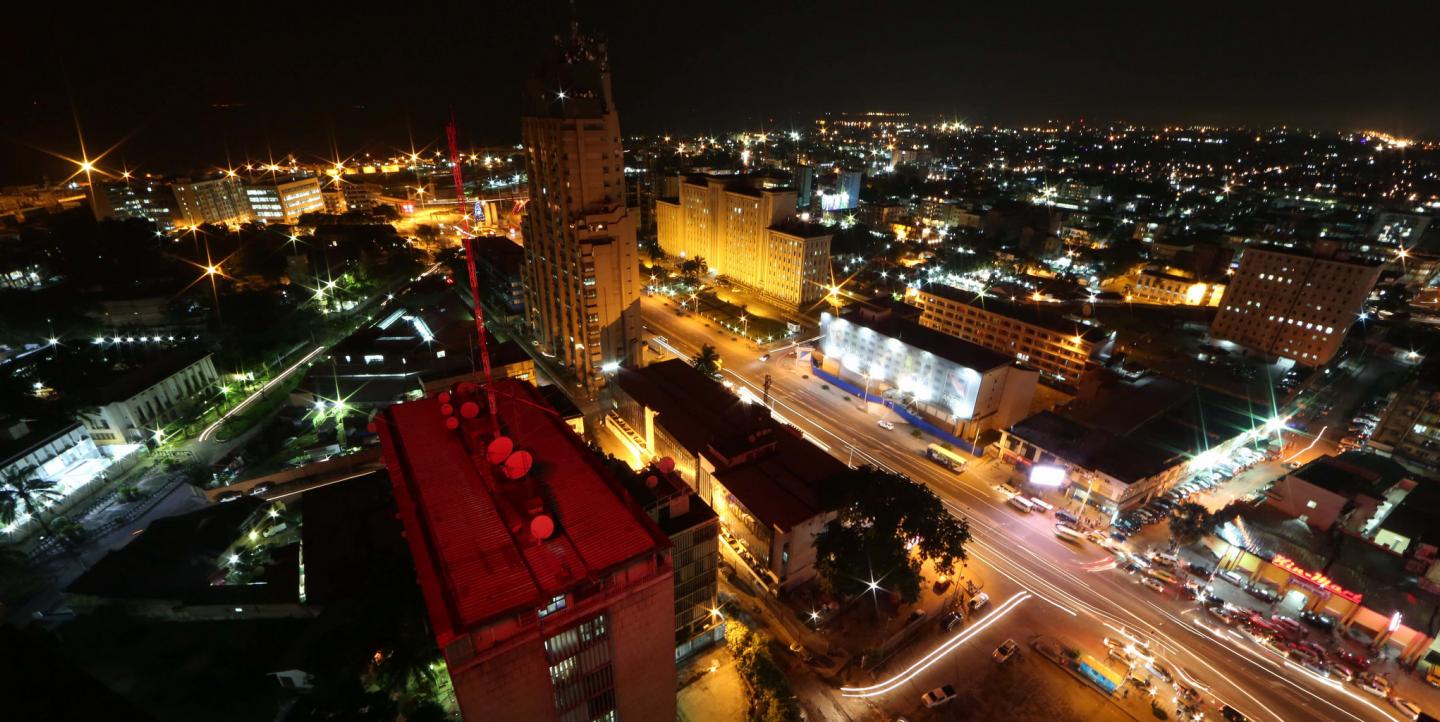“During the internet shutdown in the Democratic Republic of Congo, it felt like the entire country was cut off from the world,” said Gabrielle Mitch, a freelance journalist based in Lubumbashi, Congo, in an interview. “Without the internet modern journalism means nothing.”
The internet, however, is something that journalists in African countries are often forced to do without, such as in Congo during the presidential elections and in Zimbabwe during the fuel price protests.
Internet shutdowns have risen sharply around the world in recent years, from 75 in 2016 to 188 in 2018, according to international digital rights group Access Now.
Kuda Hove, legal and information communication technology policy officer at the Media Institute of Southern Africa, condemned the internet shudown by the Zimbabwean government on grounds that it violated the right to free expression and access to information.
“Attacks on the media are no longer restricted to offline methods such as beatings and arrests but also now include online threats such as information control in the form of internet shutdowns,” said Hove. “Journalists must use this opportunity to publicize digital rights such as the right to access the internet.”
After the second day of the internet shutdown in Congo, Mitch ran between offices to find internet access.
“Meanwhile, a Zambian radio [station] called Phoenix, which I also reported for regarding elections, could not reach me. I was in distress. I went to a friend’s office whose internet provider was based abroad but the government also cut the internet by giving an ultimatum to the provider,” she said.
Many journalists in Kinshasa bought SIM cards from the neighboring Congo Brazzaville to work around the internet shutdown in Congo, according to Mitch. But this proved pricey, and it wasn’t a complete solution to the problem.
“You had to buy Postpaid Flybox internet from local operators which costs between US$300 and US$500. Some fortunate journalists had the luxury of working in luxurious hotels that had Postpaid Flybox but social networks were still not working,” she said.
“Journalists had to bypass it by using VPNs.”
Zimbabwean journalists also used virtual private networks (VPNs) to sidestep their country’s internet shutdown in January.
What is a VPN?
When a VPN, they connect to a remote server, operated by a VPN service. All their internet traffic data is transmitted to the server via an encrypted tunnel, meaning internet service providers and other third parties cannot see the data being transmitted. The user’s computer also has the IP address of the VPN server, so their identity and location remain protected.
Kudzai Kangwende, a member of the Internet Society Zimbabwe said VPNs are useful in journalism — both professional and citizen journalism — in order to share information considered sensitive on monitored or censored networks. They are also used to circumvent censored content.
“The use of VPNs is one way to keep information flowing during times when access to the internet is restricted. VPNs are one way to avoid restrictions on access to the internet and they fall under the broad umbrella of cybersecurity,” said Kangwende.
Although VPNs cannot work around total internet shutdowns — such as those in Congo and Zimbabwe — they are still a critical tool for journalists in an age where digital access is increasingly under threat.
“Journalists have a responsibility to learn about to how to use such tools and also a role to explain the importance of such tools to their audience,” said Kangwende.
How to use a VPN
Using a VPN sounds difficult, but is actually very simple. All it requires is for the user to download and install a VPN application on the device being used — a phone or computer. To use the VPN, it is just a matter of switching it on or configuring it to automatically boot up with the device.
Common VPN applications include ExpressVPN, NordVPN, IPVanish and TunnelBear, which each cost around US$10 per month.
A good VPN does not — and will never — log user data to track browsing history. The VPN should also have a kill switch or some form of leak protection. Kill switch technology automatically stops either selected programs or the whole device from accessing the web once a VPN connection drops.
Main image CC-licensed by Flickr via MONUSCO/Abel Kavanagh.


